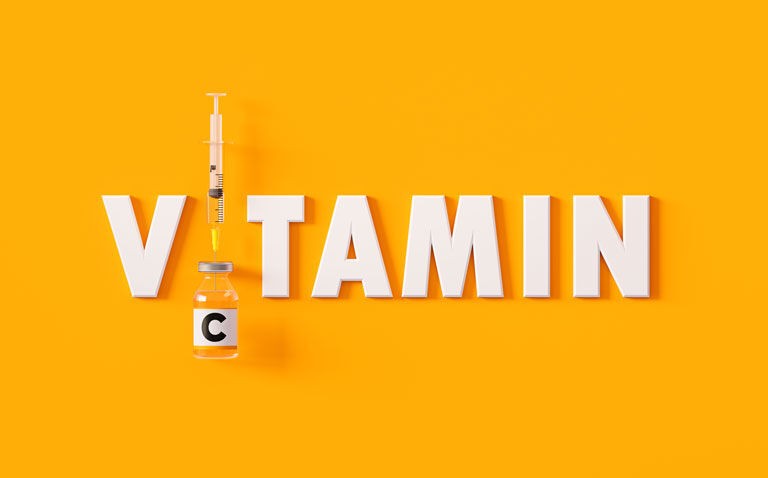Intravenous vitamin C given to sepsis patients receiving vasopressor therapy increased the risk of death and persistent organ dysfunction
The use of intravenous vitamin C for intensive care patients with sepsis who were also in receipt of vasopressor therapy, increased the risk of both death and persistent organ dysfunction according to the findings of LOVIT, a randomised, placebo-controlled trial.
Sepsis represents the body’s inflammatory response to infection and has been found to be the cause of one in every two to three hospital deaths, most of whom had sepsis upon admission to hospital. Moreover, sepsis represents a major cause of death, with an estimated 48·9 million global incident cases and 11·0 million sepsis-related deaths in 2017.
Intravenous vitamin C may be an important adjunctive therapy for critically ill patients. In fact, evidence suggests that critically ill patients have low vitamin C concentrations and that those with septic shock have significantly depleted vitamin C levels probably due to the increased metabolism from the enhanced inflammatory response in these patients.
However, subsequent studies were less consistent, with one network meta-analysis concluding that metabolic resuscitation with vitamin C, glucocorticoids, vitamin B1, or combinations of these drugs was not significantly associated with a decrease in longer-term mortality.
In contrast, another meta-analysis concluded that intravenous vitamin C administration appeared to be safe and may be associated with a trend toward reduction in overall mortality in critically ill patients.
Nevertheless, in another study of 167 patients with sepsis and acute respiratory distress syndrome, a 96-hour infusion of vitamin C compared did not significantly improve organ dysfunction scores or alter markers of inflammation and vascular injury.
Given the potentially conflicting results to date on the value of vitamin C, for the present study, researchers undertook a randomised, placebo-controlled trial, Lessening Organ Dysfunction with Vitamin C (LOVIT).
The trial was designed to test whether intravenous vitamin C would reduce both the risk of death or persistent organ dysfunction in adults with sepsis and who were receiving vasopressor therapy within an intensive care unit (ICU). The team recruited adult patients who had been within an ICU for no longer than 24 hours, with a proven or suspected infection as the main diagnosis and who were receiving a vasopressor.
Participants were randomised 1:1 to receive intravenous vitamin C as a bolus dose of 50 mg/kg, administered over 30 to 60 minutes every 6 hours for a total of 96 hours. The control group received a matching infusion containing either 5% dextrose or normal saline.
The primary outcome of the trial was a composite of death or persistent organ dysfunction, whereas one of the secondary outcomes was 28-day mortality.
Intravenous vitamin C and death or persistent organ dysfunction
A total of 863 patients with a mean age of 65.1 years (37.6% female) were randomised to either intravenous vitamin C or matching placebo. The median stay within the ICU was 6 days and with an overall hospital stay of 16 days.
The primary outcome occurred in 44.5% of those in the vitamin C group and 38.5% of placebo patients and this difference was significant (risk ratio, RR = 1.21, 95% CI 1.04 – 1.40, p = 0.01).
For the secondary outcome of 28-day mortality, death occurred in 35.4% of those using vitamin C and 31.6% of those receiving placebo (RR = 1.17, 95% CI 0.98 – 1.40). Similarly, the proportion of patients with persistent organ dysfunction was present in 9.1% of those given vitamin C and 6.9% of those taking placebo (RR = 1.30, 95% CI 0.83 – 2.05).
The authors concluded that in adults with sepsis who were receiving vasopressor therapy, use of intravenous vitamin C led to a higher risk of death or persistent organ dysfunction compared to placebo.
Citation
Lamontagne F et al. Intravenous Vitamin C in Adults with Sepsis in the Intensive Care Unit N Eng J Med 2022










